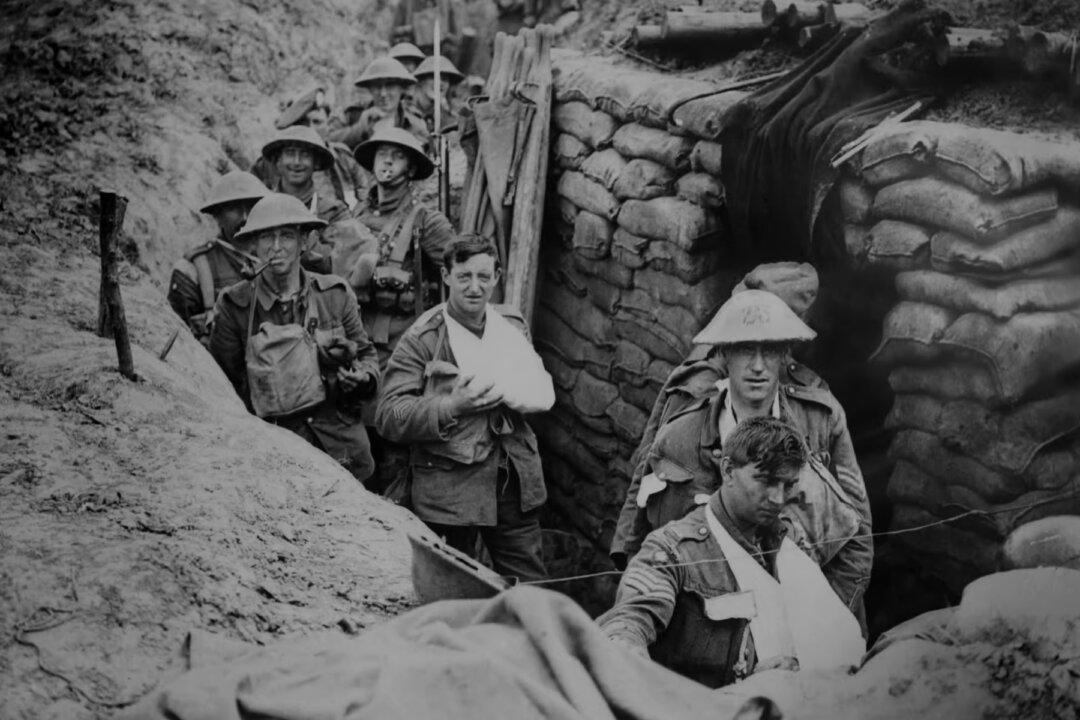During World War I, more than 880,000 men fighting for Great Britain died, deaths that constituted 6 percent of the male population and over 12 percent of those engaged. The peak of these horrendous statistics occurred during the first day of the Battle of the Somme on July 1, 1916, when the British suffered 57,000 casualties, including 19,240 dead.
One of those who fell in this bloodbath of a war was John Kipling (1897–1915), the only son of writer and poet Rudyard Kipling and his American-born wife, Caroline Balestier. After both the Army and the Navy rejected John’s attempts to enlist for reasons of shortsightedness, Kipling used his influence to place his son in the Army, where he was commissioned as a second lieutenant in the Irish Guards.






